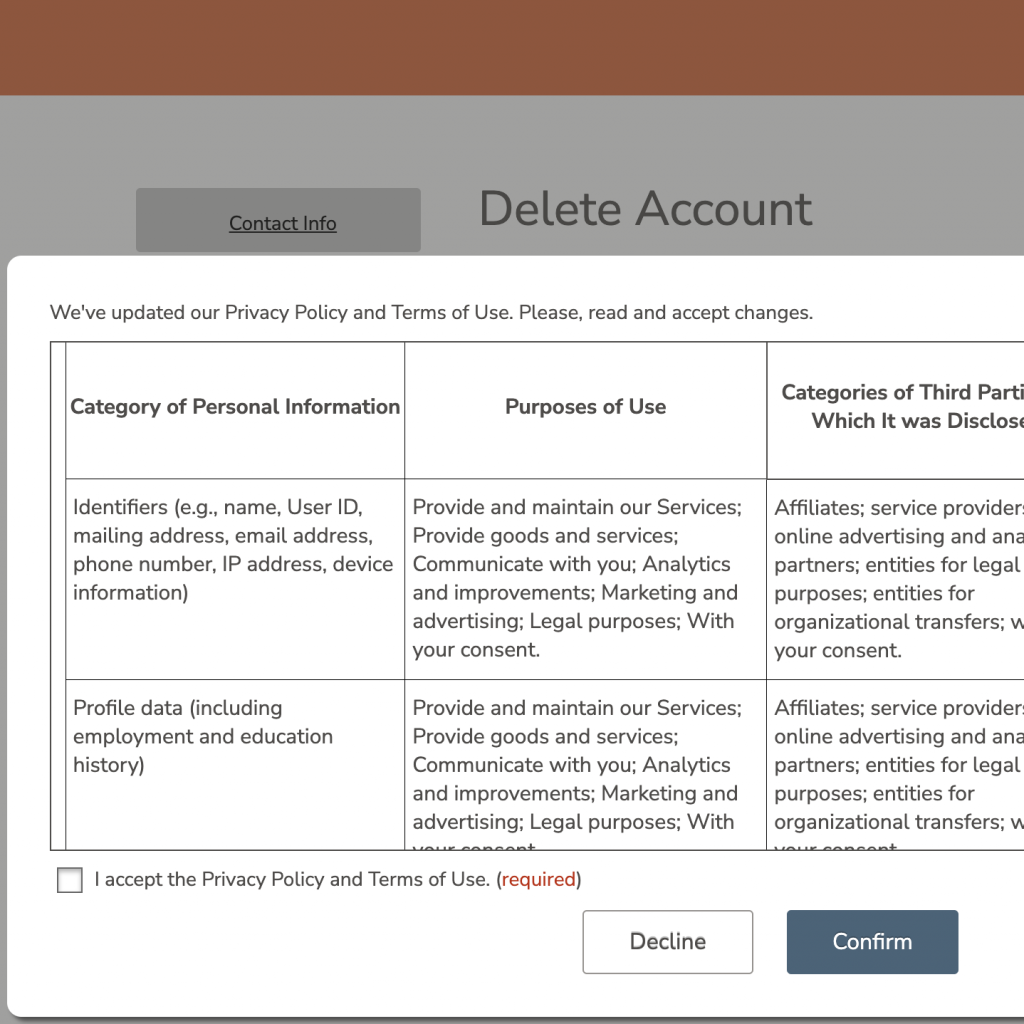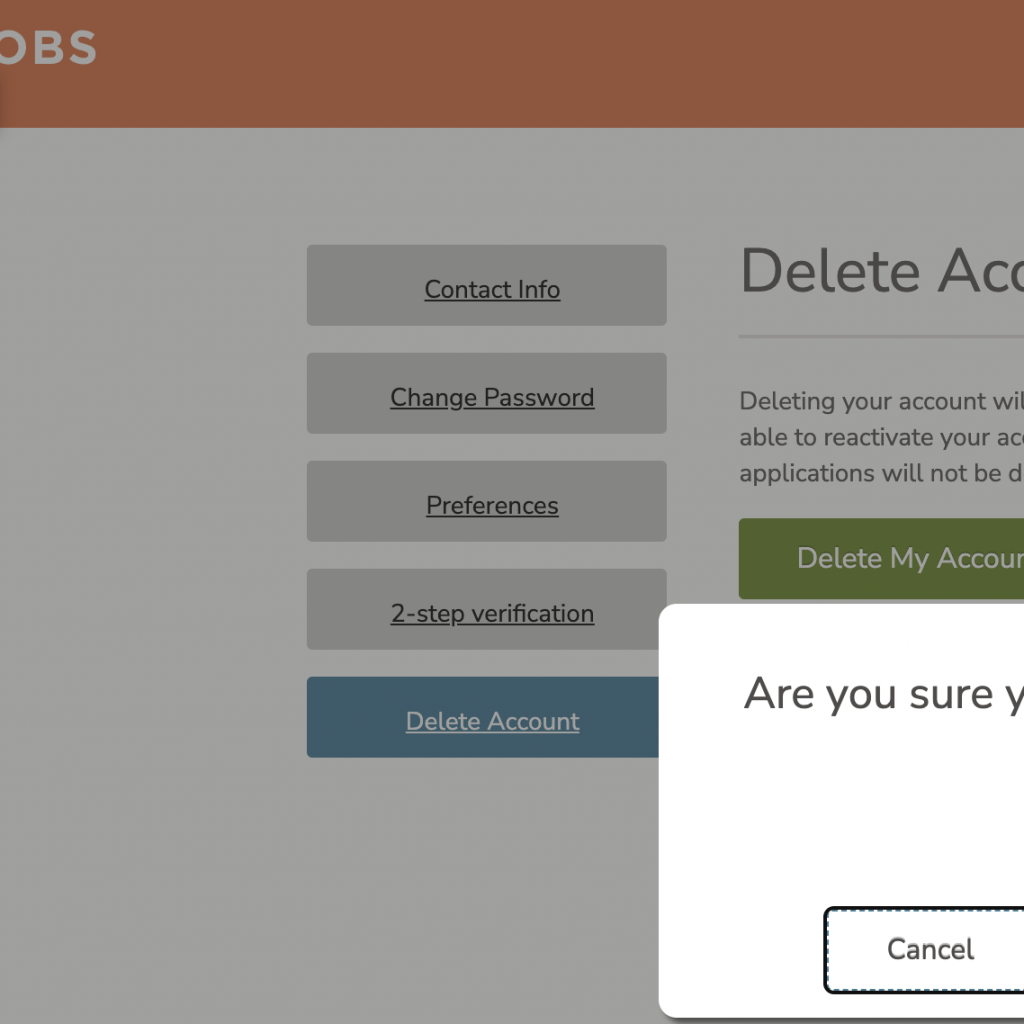This follow-up to Government Jobs Sells Your Data to 3rd Party Brokers explores the systemic shift in power from citizens to private tech vendors and government authorities through economic coercion and technocratic control.
I was interested in applying for the Temporary Parks Worker I position in Sunnyvale, CA. However, I encountered a significant barrier with the online application system (GovernmentJobs.com / NeoGov).
Specifically: the system requires applicants to agree to extensive third-party tracking and data-sharing, including marketing, analytics, and advertising, as a precondition, before even viewing or applying for jobs. This precondition shifts the balance of power and rights away from jobseekers and toward the government and Neogov, as data brokers, especially in a challenged economy.
In a challenged economy marked by rising costs of living, inflation, and stagnant wages, applicants are under increasing financial pressure, often forced to accept invasive terms just to access public employment opportunities. This dynamic erodes meaningful consent and transforms a public right into a privatized privilege.
I inquired with HR and was informed that there is no alternative method to apply, such as using a resume, job application for, or other in-person submission.
The city’s use of a centralized hiring platform provides convenience to the city and profit to Neogov, but places an undue burden of those who do not wish to have their data sold to third party vendors as a cost of applying for work as public servants.
| Actor | Traditional Role | New Role (With NeoGov) |
|---|---|---|
| Citizen/Jobseeker | Rights-bearing participant in public life | Data subject, user, consumer |
| Government | Provider of fair, equal opportunity | Delegator of access to private platform |
| NeoGov | Contractor/Tech Vendor | Gatekeeper + Data Broker |
While NeoGov is a private vendor, the hiring process remains a public function. When access to city employment is conditioned on agreement to third-party surveillance, it raises several potential constitutional concerns:
First Amendment – Compelled agreement to terms involving speech and data-sharing as a condition of applying for public employment;
Fourth Amendment – Collection and potential disclosure of personal data (e.g., IP address, device ID, phone number) without individualized suspicion, warrant, or true consent;
Fourteenth Amendment (Due Process) – Lack of alternative means effectively denies fair access to public employment for individuals unwilling to waive privacy rights.
Application methods must not require third-party tracking and data sharing as a condition of employment access. As applicants for public employment, we have a legal right to access government services without being forced to surrender constitutional and privacy protections.
Citizens are being forced into behavioral contracts under financial duress. Without viable alternatives, jobseekers have effectively been stripped of their public right to view and apply for civic jobs. What began as a convenient hiring portal has morphed into a gateway controlled by private interests, where access is conditioned on surrendering personal data to NeoGov for resale. Government and corporations are supplanting our rights in a pay-to-play system designed to control the struggling poor. This is technocratic neofeudalism.
Public employment must remain public in function and in access. Application methods must not require third-party tracking, profiling, or data-sharing as a precondition for participation in government service. At a minimum, a privacy-respecting application alternative must be provided, consistent with constitutional protections and basic fairness.
If this cannot be accommodated, the City of Sunnyvale and other government entities using NeoGov must formally acknowledge that no privacy-respecting application process is currently available. This will help clarify the government’s position and may be relevant for future legal review or public records inquiries.
We are ready and eager to work, and I believe in the importance of public service jobs being accessible to all.

